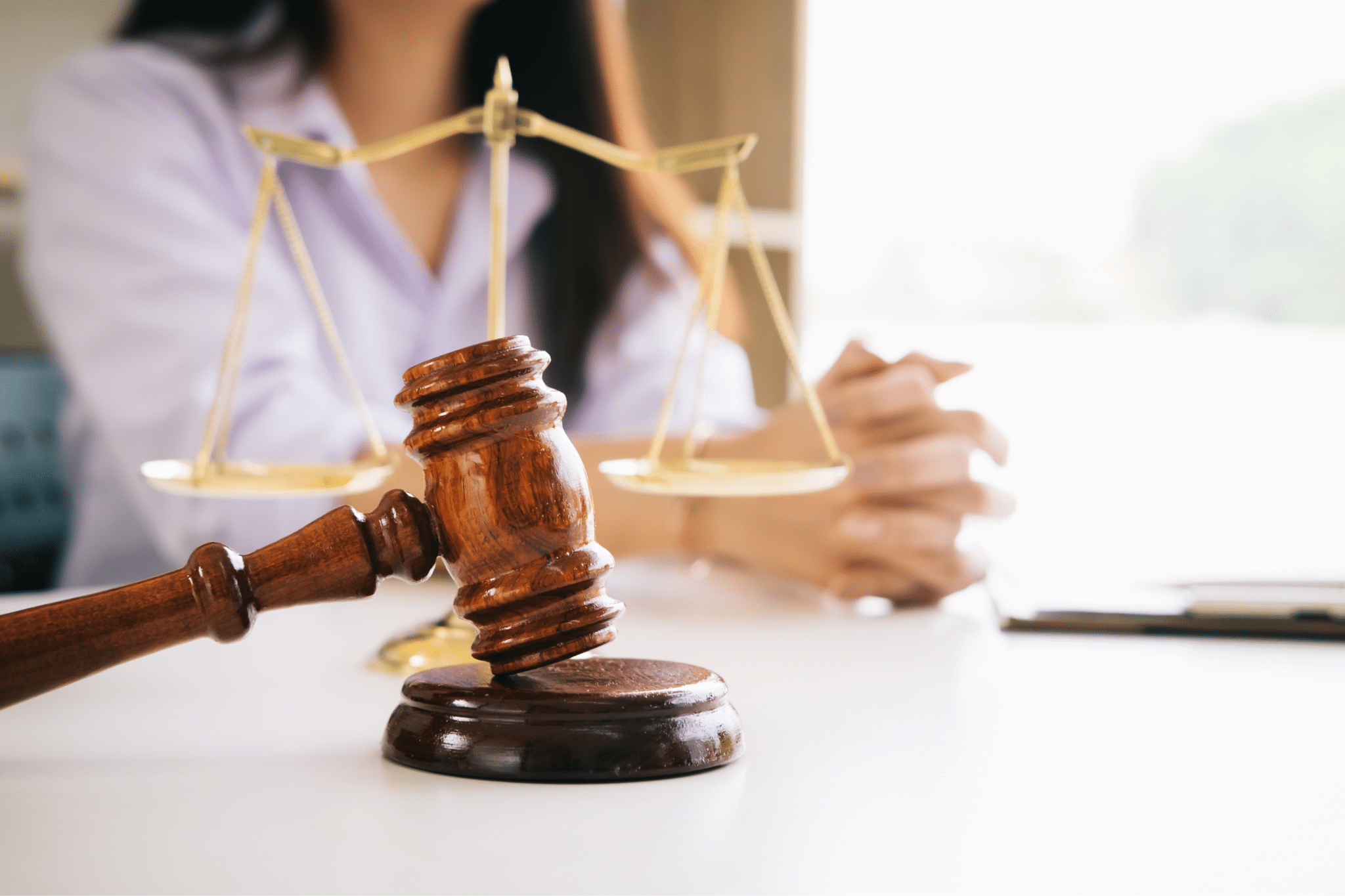Disorderly Conduct: Legal Considerations for Protesters in Chicago
Public demonstrations and protests play a vital role in expressing dissent and advocating for social change in Chicago. However, protesters must navigate legal considerations to ensure their actions remain within the bounds of the law. Disorderly conduct laws, in particular, can have implications for protesters engaging in public demonstrations. This blog aims to provide guidance for individuals participating in protests in Chicago, covering their rights and responsibilities under disorderly conduct laws and offering tactics for peacefully exercising their First Amendment rights while avoiding potential legal pitfalls. Additionally, the importance of building a strong defense with an experienced criminal defense lawyer will be discussed.
Understanding Disorderly Conduct Laws:
Overview of Disorderly Conduct:
- Disorderly conduct laws in Chicago prohibit behavior that disturbs the peace or disrupts public order. This can include actions such as fighting, making unreasonable noise, obstructing traffic, or engaging in tumultuous conduct. While individuals have the right to express their views through protests and demonstrations, they must do so in a manner that does not violate disorderly conduct statutes.
Peaceful Assembly and First Amendment Rights:
- The First Amendment of the United States Constitution guarantees the right to peacefully assemble and express opinions without government interference. Protesters in Chicago have the right to gather in public spaces to voice their concerns and advocate for change. However, it is essential to remember that this right is not absolute and may be subject to reasonable time, place, and manner restrictions imposed by authorities.
Potential Violations of Disorderly Conduct:
- While peaceful protests are protected by the First Amendment, certain actions may still be deemed disorderly conduct under Chicago law. For example, blocking traffic without a permit, engaging in violent behavior, or refusing to disperse when ordered by law enforcement can lead to disorderly conduct charges. It is important for protesters to be mindful of their conduct and avoid actions that could escalate tensions or endanger public safety.
Rights and Responsibilities of Protesters:
Know Your Rights:
- Protesters in Chicago should familiarize themselves with their rights under the law, including the right to peacefully assemble, the right to free speech, and the right to record interactions with law enforcement. Understanding these rights can empower protesters to assert themselves effectively and protect their legal interests during demonstrations.
Exercise Caution and Restraint:
- While exercising First Amendment rights, protesters should exercise caution and restraint to avoid engaging in behavior that could be construed as disorderly conduct. This may involve refraining from aggressive or confrontational tactics, following instructions from law enforcement officers, and remaining peaceful and nonviolent in their demonstrations.
Stay Informed and Organized:
- Protesters should stay informed about local laws, regulations, and permits related to public demonstrations in Chicago. Organizing protests in accordance with legal requirements, obtaining necessary permits, and coordinating with local authorities can help ensure that demonstrations proceed smoothly and lawfully. Additionally, having designated organizers or marshals to maintain order and communicate with participants can help prevent misunderstandings or conflicts.
Importance of Legal Representation:
In the event that protesters are arrested or charged with disorderly conduct, seeking legal representation is essential for protecting their rights and mounting a strong defense. An experienced criminal defense lawyer can provide guidance, representation, and advocacy throughout the legal process, ensuring that protesters’ constitutional rights are upheld and safeguarded.
Protest or Demonstration:
Protests and demonstrations serve as powerful tools for advocating social change and expressing dissent in Chicago. However, protesters must be mindful of their rights and responsibilities under disorderly conduct laws to avoid potential legal consequences. By understanding their rights, exercising caution and restraint, and staying informed and organized, protesters can peacefully exercise their First Amendment rights while minimizing the risk of disorderly conduct charges. Additionally, seeking legal representation from an experienced criminal defense lawyer is crucial for protecting protesters’ rights and ensuring a fair legal process.
About the Author:
Andrew M. Weisberg is a former felony prosecutor who now serves as a defense attorney in the greater Chicago area. He has extensive experience handling all types of criminal cases, from sex offenses and domestic violence to retail theft-related crimes, murder, and drug crimes. His work has been recognized by Avvo, Expertise, National Trial Lawyers, and others, and he has been featured on countless news outlets for his experience and knowledge in criminal law.







 Blog Home
Blog Home 











